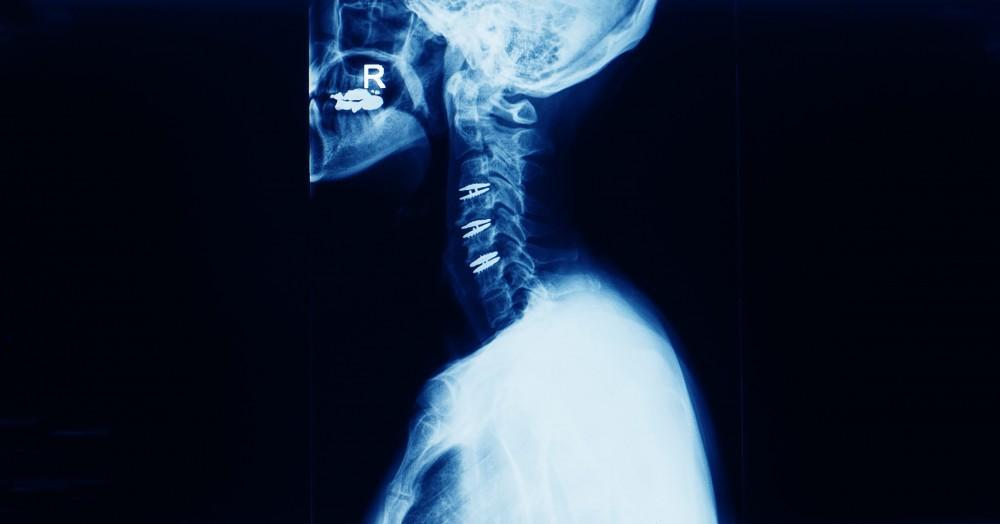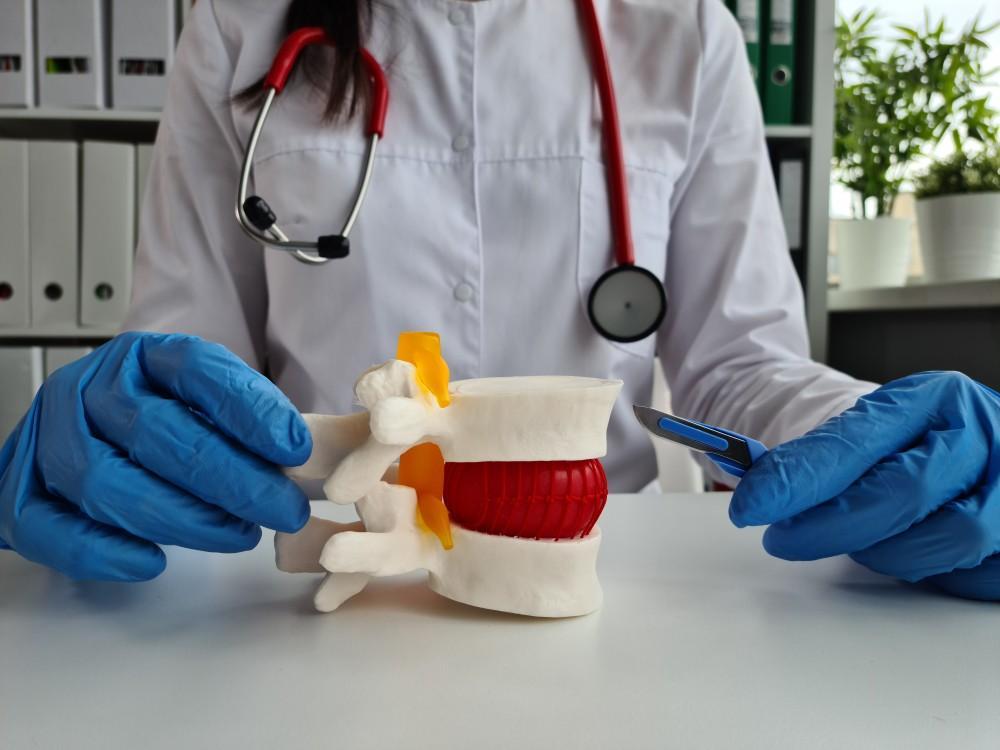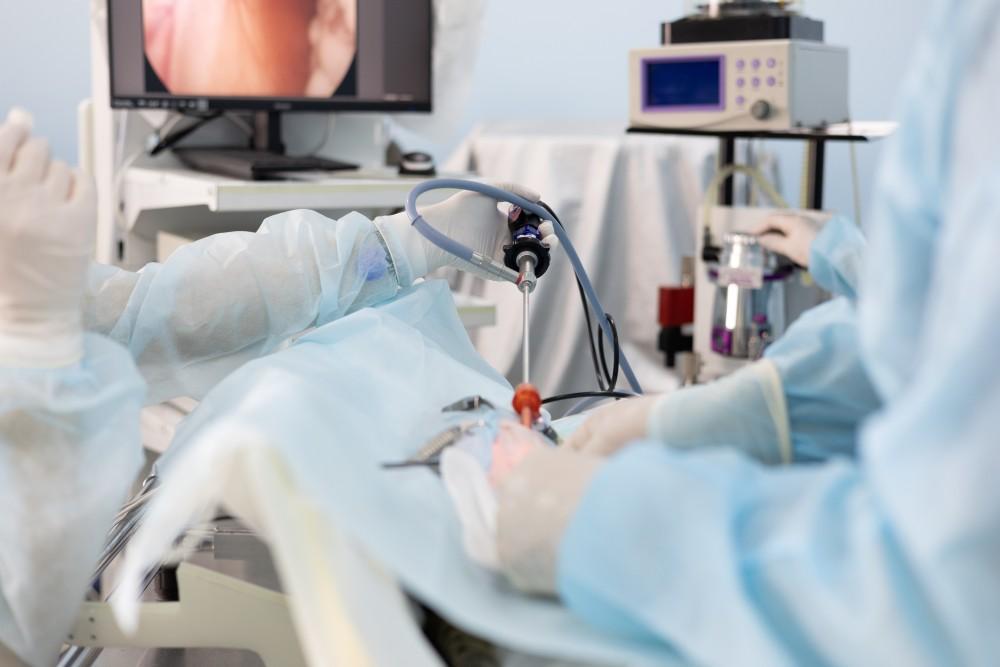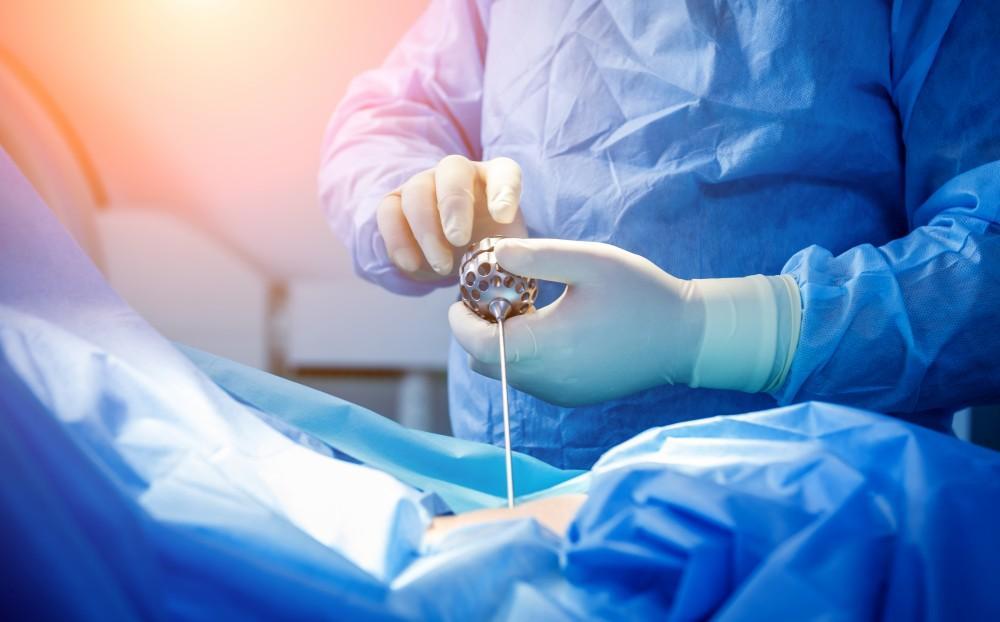Spinal discs play a crucial role in your ability to move, spacing the vertebrae and cushioning the bones of the body support structure. When discs begin to deteriorate, you can feel pain, lose range of motion, and your quality of life starts to suffer.
Sanjay Khurana, MD, is a spinal surgery specialist focused on artificial disc replacement surgery. Certain patients are ideal candidates for prosthetic substitutes for degenerated discs that cause pain and disability as an alternative to traditional spinal fusion procedures. You may qualify for artificial disc replacement surgery if you meet four criteria.
Four criteria for disc replacement candidates
Artificial disc replacement surgery is a comparatively new, low-risk procedure with good potential for positive long-term results. Candidates for surgery have cervical or lumbar pain that doesn’t respond to conservative therapy.
In addition, consideration for disc replacement involves four criteria you must meet.
1. You have not previously had spine surgery
Artificial disc replacement is an alternative to spinal fusion, where two adjacent vertebrae join or fuse to address the unstable disc between them. Two potential problems with fusion procedures are improper healing and excess stress placed on the vertebrae above and below the fused bones. While an artificial disc solves these issues, it doesn’t revise previous spine surgeries.
2. Healthy bones and nerves
Spinal nerve compression is a common secondary problem when a disc degenerates or ruptures. Due to the delicate nature of nerve tissue and the complexity of the spinal cord, artificial disc replacements usually aren’t done on patients who suffer from nerve compression symptoms.
Similarly, the bone tissue of your vertebrae must be healthy to support the artificial discs. Patients with osteoporosis, for example, may not have sufficient bone density to support the prosthetic discs.
3. Healthy body mass
Being overweight adds extra force to your spine. Because much of your body weight is in front of the spine, this cantilevered design adds force that’s greater than the additional weight. When your body mass index (BMI) is approaching or at obesity levels, you may not be a good candidate for artificial disc replacement surgery.
4. No spinal abnormalities
The design of artificial disc prosthetics mimics the size, shape, and function of natural discs. For patients with spinal deformities or irregularities, including scoliosis and a sideways curvature of the spine, artificial discs won’t match the unique shapes that the disorder or injury forces upon natural discs.
Other advantages of disc replacement surgery
If you meet these four criteria, you may be ready to enjoy the advantages of artificial disc replacement surgery. Compared with spinal fusion procedures, you enjoy faster recovery times, greater spinal mobility, and reduced stress on adjacent vertebrae without bone graft harvest and placement.
You can learn more about the suitability of artificial disc replacement surgery for your condition by consulting with Dr. Khurana at his Marina Del Rey, California office. Call our office directly or book an appointment online today.




